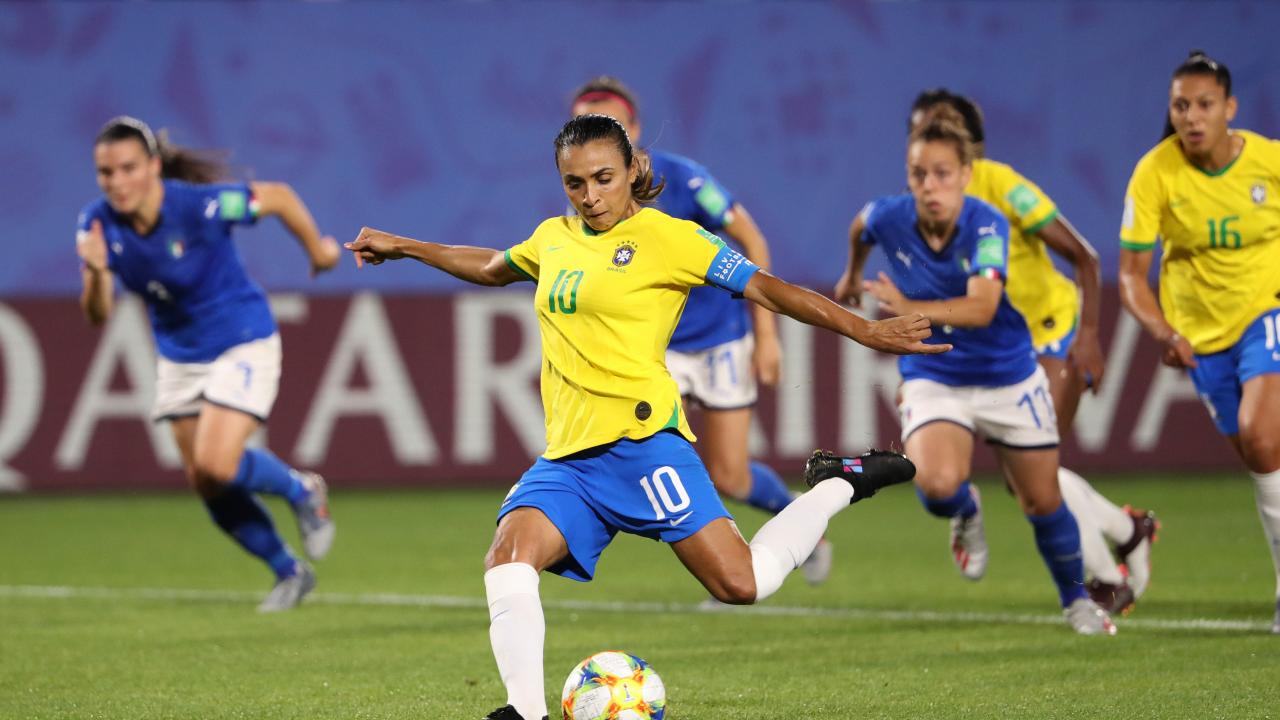

Traditionally Buddhism, Taoism, and Confucianism are the three principal religions in the country, with Muslim and Christianity also prevalent.
 A simplified form of Chinese is used in mainland China while traditional Chinese is still used by people in Chinese Taipei, Hong Kong, Macau, and many nationals overseas. Mandarin, or Pu Tong Hua, the official dialect of the Chinese language, is the most commonly spoken language. The nation has 56 ethnic groups, with Han the largest, forming the majority of the country’s population. One of the world’s four oldest civilized nations alongside Greece, Egypt, and India, China’s first recognized dynasty dates back to 2,200 years B.C. Beijing’s capital city is the country’s cultural, political, and educational center. The People’s Republic of China has a population of over 1.3 billion – the most populated nation in the world. The second-place finish at 1999 USA marked the pinnacle of their past results, but the 2003 tournament saw an aging team fail to progress to the last four following a 1-0 quarter-final defeat to Canada. Since hosting the first edition of the FIFA Women’s World Cup in 1991, China has been a competitive power in the past three tournaments in 1995, 1999, and 2003. Previous Records In FIFA Women’s World Cups Meanwhile, reaching the FIFA World Cup finals in 2002 Korea/Japan for the first time was a landmark moment for the men’s senior side. The women, apart from a disappointing campaign in USA 2003 and a shock 8-0 defeat to the Germany women’s national football team in the 2004 Athens Olympics, continued to progress and finished runners-up in the 2004 FIFA U-19 Women Championship in Thailand. Into the new millennium, and China’s progress continued. However, the same rivals cruelly denied them again three years later in the final of the FIFA Women’s World Cup USA 2003 when a Brandy Chastain spot-kick handed the hosts victory in a dramatic penalty shoot-out. Affectionately named the Steel Roses, the team won the silver medal in the 1996 Atlanta Olympic Games final, losing to the United States. But that achievement was overshadowed by the startling rise of the women’s team, who marked their place among the world’s elite two decades ago.įollowing their victory over Japan in the 1986 AFC Women’s Championship final, China successfully defended the championship for six consecutive years, cementing their status as a dominant power. The first breakthrough came when China hosted the inaugural FIFA U-17 World Championship in 1985, and the locals made the most of the occasion by reaching the last eight in the competition. Yet they had consistently made considerable efforts to develop the game on home soil and were able to gain back some of the ground lost when the country was transformed under an open policy in 1978. But the game’s birth nation wasted no time in recalling those early golden days or bemoaning the application of a new set of rules. However, the national football association was not founded until 1924, and seven years later, the CFA became affiliated with FIFA.Ĭhina has always been fully aware of its lagging behind the front-runners. A primitive version of soccer existed in China centuries before it was modified and given rules by English scholars to become association football, as it is known today, in the mid-18th century.īut the game’s inventors and pioneers found themselves, pupils, to the modern game when it was introduced back to their territory around 1900. It was recently argued that a form of soccer, or “cuju,” as it was named, originated in the Shandong Province of Linzi during the West Han Dynasty. The next edition of the prominent women’s tournament was staged over five cities across East Asia’s largest country, where the game’s football origins have been dated back to the second century. It is fitting that China, the inaugural 1991 FIFA Women’s World Cup hosts, have been chosen to stage the women’s World Cup event once again in 2007.
A simplified form of Chinese is used in mainland China while traditional Chinese is still used by people in Chinese Taipei, Hong Kong, Macau, and many nationals overseas. Mandarin, or Pu Tong Hua, the official dialect of the Chinese language, is the most commonly spoken language. The nation has 56 ethnic groups, with Han the largest, forming the majority of the country’s population. One of the world’s four oldest civilized nations alongside Greece, Egypt, and India, China’s first recognized dynasty dates back to 2,200 years B.C. Beijing’s capital city is the country’s cultural, political, and educational center. The People’s Republic of China has a population of over 1.3 billion – the most populated nation in the world. The second-place finish at 1999 USA marked the pinnacle of their past results, but the 2003 tournament saw an aging team fail to progress to the last four following a 1-0 quarter-final defeat to Canada. Since hosting the first edition of the FIFA Women’s World Cup in 1991, China has been a competitive power in the past three tournaments in 1995, 1999, and 2003. Previous Records In FIFA Women’s World Cups Meanwhile, reaching the FIFA World Cup finals in 2002 Korea/Japan for the first time was a landmark moment for the men’s senior side. The women, apart from a disappointing campaign in USA 2003 and a shock 8-0 defeat to the Germany women’s national football team in the 2004 Athens Olympics, continued to progress and finished runners-up in the 2004 FIFA U-19 Women Championship in Thailand. Into the new millennium, and China’s progress continued. However, the same rivals cruelly denied them again three years later in the final of the FIFA Women’s World Cup USA 2003 when a Brandy Chastain spot-kick handed the hosts victory in a dramatic penalty shoot-out. Affectionately named the Steel Roses, the team won the silver medal in the 1996 Atlanta Olympic Games final, losing to the United States. But that achievement was overshadowed by the startling rise of the women’s team, who marked their place among the world’s elite two decades ago.įollowing their victory over Japan in the 1986 AFC Women’s Championship final, China successfully defended the championship for six consecutive years, cementing their status as a dominant power. The first breakthrough came when China hosted the inaugural FIFA U-17 World Championship in 1985, and the locals made the most of the occasion by reaching the last eight in the competition. Yet they had consistently made considerable efforts to develop the game on home soil and were able to gain back some of the ground lost when the country was transformed under an open policy in 1978. But the game’s birth nation wasted no time in recalling those early golden days or bemoaning the application of a new set of rules. However, the national football association was not founded until 1924, and seven years later, the CFA became affiliated with FIFA.Ĭhina has always been fully aware of its lagging behind the front-runners. A primitive version of soccer existed in China centuries before it was modified and given rules by English scholars to become association football, as it is known today, in the mid-18th century.īut the game’s inventors and pioneers found themselves, pupils, to the modern game when it was introduced back to their territory around 1900. It was recently argued that a form of soccer, or “cuju,” as it was named, originated in the Shandong Province of Linzi during the West Han Dynasty. The next edition of the prominent women’s tournament was staged over five cities across East Asia’s largest country, where the game’s football origins have been dated back to the second century. It is fitting that China, the inaugural 1991 FIFA Women’s World Cup hosts, have been chosen to stage the women’s World Cup event once again in 2007. 
8 2007 Women’s World Cup Goal Of The Tournament The Host Country Of 2007 Women’s World Cup










